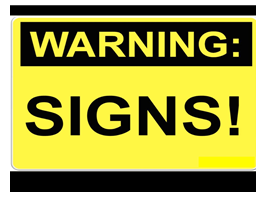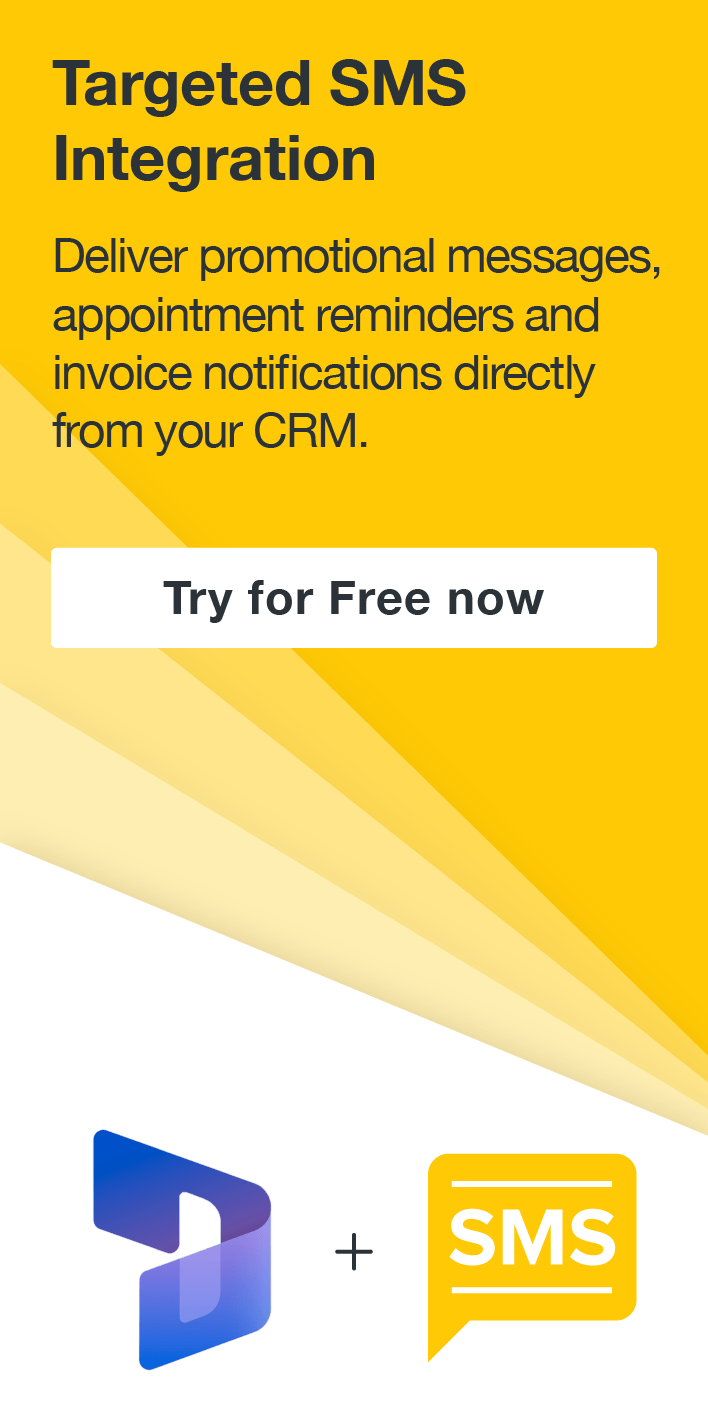Ten Signs Your CRM System is Not Working as it Should
John Eccles, 02 February 2016
 Your CRM system should be delivering outstanding value to your organisation, enabling you to know and serve your customers better and automating previously manual tasks. Your CRM users will be loving it!
Your CRM system should be delivering outstanding value to your organisation, enabling you to know and serve your customers better and automating previously manual tasks. Your CRM users will be loving it!
"It's not quite like that for us" I hear you say.
Then perhaps your system is not working as it should. Perhaps it needs some attention – maybe even enhancement or replacement.
Here are signs that may indicate a need for action:
1. It doesn't enable your customer-centric strategy
It should be helping your team focus on your customers. It should be helping with customer retention. If your customer retention has not improved since you installed your CRM system, something is wrong!
2. It doesn't enable your team to be more efficient and more effective
The whole point of investing in IT systems is to get a return in terms of greater efficiency and greater effectiveness. It should be helping your team respond faster with better information.
3. You access multiple software systems to build a complete view of your clients
CRM promises "a 360 degree view of customers". That means you should be able to find out all you need to know about any customer, quickly and easily, right from your CRM system. That is one of the big CRM wins!
4. The same data has to be input multiple times
Multiple data-entry is a no-no! It is a classic example of inefficiency. And the real cost arises when the data is entered differently in the different systems because eventually someone will need to know version which is right. Data should be entered once and other systems automatically updated.
5. You have to adjust your process to fit the system
If your processes were not efficient and well-developed to begin with, this may not be a problem. But if your processes were refined and sharpened to meet the needs of your specific industry or market, then adapting them to fit your CRM system would be a step backwards. In the ideal world, your system should fit your processes.
6. You don't trust the data and reports from the system
This one is serious! You need accurate, credible data to manage and control your business. CRM data is important customer information and it needs to be right. You need to find out why the data is suspect and fix it. Otherwise information silos will emerge – all different, all arguable. Your CRM system should be the single source of truth for all customer-related data.
7. The system does not provide actionable information to management
In this situation, the data integrity may be OK but it is not served up in a meaningful way to your users and managers. Your CRM system should help you manage more effectively.
8. It is difficult for new staff to learn
Assuming you are hiring staff with adequate computer literacy, CRM system learning difficulty indicates that the system is over-complicated and not intuitive. This is a common problem with powerful, enterprise-level CRM systems that have not been customised for the applications at hand. Ideally the user experience should be optimised for the different type of users.
9. CRM users complain about the system
They should love it! It is possible that the system is great, but the change management hasn't worked. Or maybe the infrastructure or internet connection is making it run slow. Whatever the reason, poor user-acceptance is a serious problem. It leads to avoidance of the system, a failure to input the data required and the creation of unofficial systems. Show your users that you care. Listen to them and take their complaints seriously and make any changes that are required.
10. System changes are difficult and expensive
Your business needs and processes are going to change over time and your system needs to accommodate those changes. So your core CRM system needs to be readily customisable, extendable and scalable. All but major changes should be within the capability of an in-house "super-user" or system administrator.

